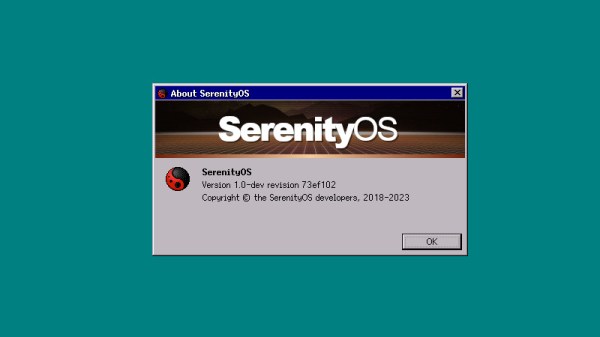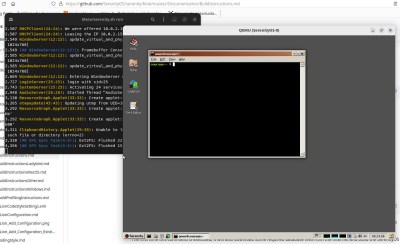In the monthly Ladybird Browser update video which we’ve placed below, SerenityOS founder [Andreas Kling] announced an interesting development. The browser has been forked from the OS that has been its progenitor, and both projects will now proceed separately. This frees the browser from the SerenityOS insistence on avoiding external libraries, and allows it to take advantage of stable, fast, and mature open source alternatives. This is already paying dividends in compatibility and speed, and is likely to lead further towards a usable everyday browser as time goes by.
As the world of fully-featured web browser engines has contracted from a number of different projects to little more than Google’s Blink and Mozilla’s Gecko, Ladybird has found itself in an unexpected position. It is vital that the browser market retains some competition and does not become a Google monoculture, so while it might not seem so at first glance, the news of Ladybird going alone has the potential to be one of the most far-reaching open source stories of the year.
If you’d like to try Ladybird you’ll have to get your hands slightly dirty and build it yourself, but we’d expect ready-built versions to appear in due course. We took a look at an earlier version of Ladybird last year, as well as SerenityOS itself.
Continue reading “Fork! Ladybird Browser And SerenityOS To Go Separate Ways”













